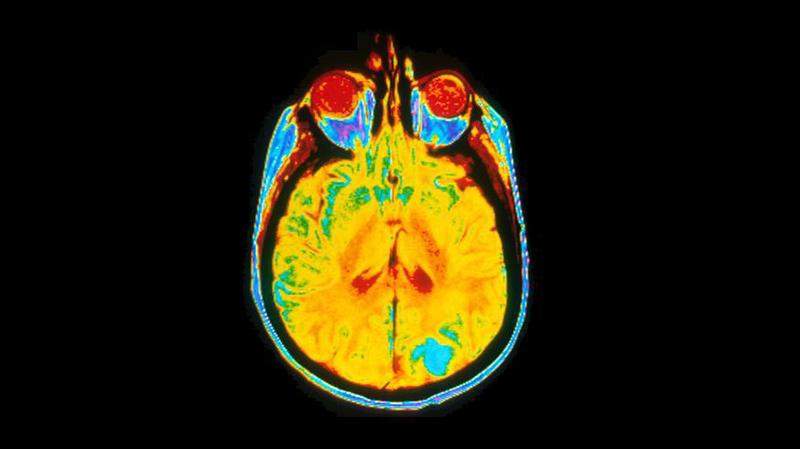

A new brain cancer study conducted by scientists at London's Institute of Cancer Research (ICR) has revealed new secrets about the genetic causes of the disease.
ICR scientists partnered with colleagues in Europe and the US to conduct the study, which involved more than 30,000 people with and without glioma, the most common form of brain cancer.

Discover B2B Marketing That Performs
Combine business intelligence and editorial excellence to reach engaged professionals across 36 leading media platforms.
The research was funded by the National Institutes for Health in the US, with additional support from UK charities Cancer Research UK, Wellcome and the DJ Fielding Medical Research Trust.
The study was aimed at finding sequence changes in DNA among these participants, and found 13 new genetic errors associated with an increased risk of developing glioma. This new information will be helpful in identifying people who could be at increased risk of developing the disease.
ICR Molecular and Population Genetics professor Richard Houlston said: “We’ve uncovered a treasure trove of new information about the genetic causes of glioma brain cancers.
“Understanding the genetics of glioma in such detail allows us to start thinking about ways of identifying people at high inherited risk, and will open up a search for new treatments that exploit our new knowledge of the biology of the disease.”

US Tariffs are shifting - will you react or anticipate?
Don’t let policy changes catch you off guard. Stay proactive with real-time data and expert analysis.
By GlobalDataTwo new genome-wide studies were carried out and the results were combined with six previous studies in a ‘meta-analysis’, which involved 12,496 cases of glioma and 18,190 people without it.
The scientists found that different sets of genes influence a person’s risk of developing glioblastoma and non-glioblastoma, the two subtypes of glioma.
They also generated better evidence for the roles of DNA errors in the genes they identified earlier as being associated with glioma and other cancers including p53, EGFR, and the genes TERT and RTEL1.
There is currently no reliable way of detecting gliomas, which account for around 40% of all brain tumours.
Image: An image of a human brain using a magnetic resonance imaging (MRI) machine. Photo: courtesy of The Institute of Cancer Research.




